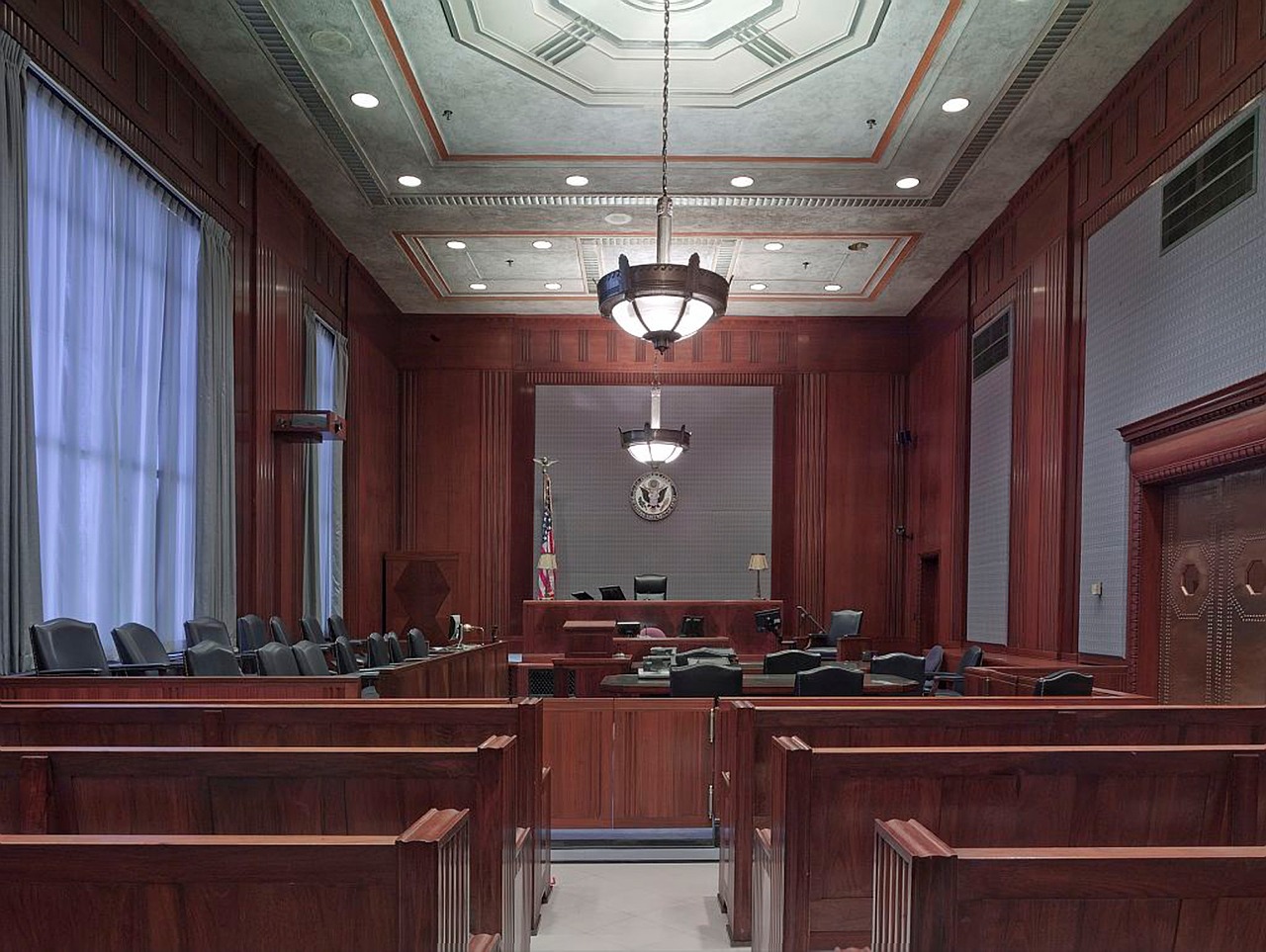We all hope it never happens to us, but sooner or later you could look in your rearview mirror and realize that the flashing lights mean you are being pulled over for a 
DUI Stop Basics
A law enforcement officer must have a valid, legal reason to conduct any traffic stop. While random traffic stops are not legal, a pretextual stop is legal which is how many DUI investigations originate. A pretextual stop involves an officer pulling over a vehicle for a minor traffic infraction, such as failing to signal a lane change or a missing license plate light, when the officer really suspects something bigger is going on, such as driving under the influence. For the officer to detain you longer than it should reasonably take to effectuate the original reason for the stop (writing a ticket for the missing light, for instance) the officer must develop additional suspicion that a crime has occurred (DUI) to convert the traffic stop to a DUI investigation and continue your detention.
Once that original traffic stop becomes a DUI investigation, you will likely be asked to perform field sobriety tests. Field sobriety tests (FSTs) are intended to help an officer determine if a motorist is driving under the influence and often include blowing into a portable breath test (PBT). The results of all FSTs (including a PBT) are not admissible in court anyway but can be used to provide probable cause for your arrest. If you are arrested, you will then be asked to submit to a more formal chemical breath test at the station or jail. The results of that test are admissible in court. Prosecutors rely heavily on the results of these chemical breath tests – but are those results accurate and reliable? A recent investigation conducted by The New York Times says they are not.
The New York Times Investigation
According to the results of a recent investigation conducted by the New York Times, the machines used to test for alcohol in your system “generate skewed results with alarming frequency, even though they are marketed as precise to the third decimal place.” As part of the investigation, the Times interviewed more than 100 lawyers, scientists, executives and police officers and reviewed tens of thousands of pages of court records, corporate filings, confidential emails and contracts. The results of their investigation show a huge problem with relying on the result of breath test machines throughout the country.
What Did the Investigation Uncover?
The investigation uncovered machines that were improperly calibrated, causing test results that were at times 40 percent too high. Maintaining machines is up to police departments that sometimes have shoddy standards and lack expertise. In some cities, lab officials have used stale or home-brewed chemical solutions that warped results. In Massachusetts, officers used a machine with rats nesting inside. As a result, judges in Massachusetts and New Jersey have thrown out more than 30,000 breath tests in the past 12 months alone, largely because of human errors and lax governmental oversight. Across the country, thousands of other tests also have been invalidated in recent years. For example:
- A county judge in Pennsylvania called it “extremely questionable” whether any of his state’s breath tests could withstand serious scrutiny. In response, local prosecutors stopped using them.
- In Florida, a panel of judges described their state’s instrument as a “magic black box” with “significant and continued anomalies.”
- Even some industry veterans say the machines should not be de facto arbiters of guilt. “The tests were never meant to be used that way,” said John Fusco, who ran National Patent Analytical Systems, a maker of breath-testing devices.
- When Ilmar Paegle was hired to run the breath-testing program for the Metropolitan Police Department in Washington, D.C., his first order of business was to test its Intoxilyzers. Mr. Paegle, a retired United States Park Police officer, was stunned: Every machine was generating results that were 20 percent to 40 percent too high. That discovery, in 2010, most likely meant that years of faulty tests had convicted innocent drivers.
- The software experts and scientists who inspected the Alcotest 9510 machines found troubling mistakes, according to their reports to the court. In some circumstances — when the devices’ two testing methods produced substantially different results, for example — the machines were supposed to generate error messages and terminate the test. Instead, the devices printed a result.
If you recently took a chemical breath test as part of a DUI arrest, you may have a defense available to you that could avoid a conviction. Despite what you may have been told, the results of that test may not be accurate.
Contact a Murfreesboro Criminal Defense Attorney
If you were recently arrested and charged with driving under the influence, it is in your best interest to consult with a Murfreesboro criminal defense attorney at Bennett, Michael & Hornsby as soon as possible to discuss your legal options. Contact the team today by calling 615-898-1560 to schedule your appointment.
- The Art of Successful Co-Parenting During Divorce - April 19, 2024
- Elder Financial Exploitation: How to Protect Seniors - April 12, 2024
- How to Obtain Guardianship of a Minor in Tennessee - April 2, 2024




